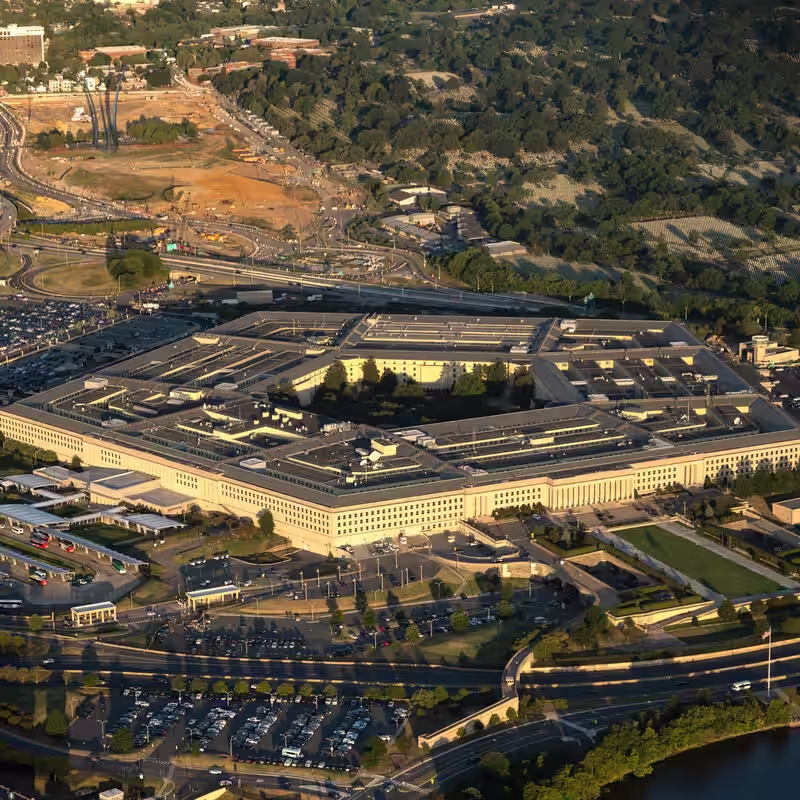Table of Contents
- Pentagon’s New Press Crackdown
- Media Rebellion: Who’s Saying No?
- First Amendment Concerns Mount
- What Do the Pentagon Rules Actually Say?
- Implications for Journalism and Public Trust
- Sources
Pentagon Press Restrictions Spark Widespread Outrage
In a dramatic standoff between the U.S. Department of Defense and the nation’s leading newsrooms, several major media outlets—including The New York Times, The Washington Post, Newsmax, and NPR—have refused to sign a new set of Pentagon-imposed reporting restrictions. The deadline for compliance was Tuesday, October 14, 2025, and the rejection signals a growing tension between national security protocols and press freedom.
Media Rebellion: Who’s Saying No?
The list of dissenting organizations reads like a who’s who of American journalism:
- The New York Times
- The Washington Post
- Newsmax
- NPR
- The Atlantic
Jeffrey Goldberg, editor in chief of The Atlantic, issued a blunt statement on Monday: “We fundamentally oppose the restrictions that the Trump administration is imposing on journalists who are reporting on matters of defense and national security.”
First Amendment Concerns Mount
Legal experts and media advocates warn that the Pentagon’s 21-page policy document undermines constitutional protections. According to lawyers representing the news organizations, one particularly troubling clause allows the military to label journalists as a “security risk” if they publish unclassified information without prior Pentagon approval.
“This isn’t just about classified leaks,” said one media attorney who requested anonymity. “It’s about routine reporting—interviews, public records, even quoting officials off the record. Under these rules, that could be grounds for revoking credentials or worse.”
What Do the Pentagon Rules Actually Say?
While the full document hasn’t been made public, key provisions revealed so far include:
| Provision | Description |
|---|---|
| Security Risk Designation | Journalists may be flagged if they disclose unclassified info without authorization. |
| Prior Approval Mandate | All reporting involving Pentagon sources must be pre-cleared. |
| Credential Revocation | Violations could lead to immediate loss of press access. |
Implications for Journalism and Public Trust
At stake is not just press access—but the public’s right to know how its military operates. With defense spending exceeding $800 billion annually, watchdog journalism plays a critical role in ensuring accountability.
“When the Pentagon tries to control what can be reported—even about unclassified matters—it erodes transparency,” said Goldberg. “Americans deserve to know how their tax dollars are being spent and how military decisions are made.”
Observers note the irony that both left-leaning and right-leaning outlets—The Atlantic and Newsmax, for example—have united in opposition, underscoring the nonpartisan nature of press freedom concerns.
Sources
The New York Times – Several News Outlets Reject Pentagon’s Reporting Restrictions




